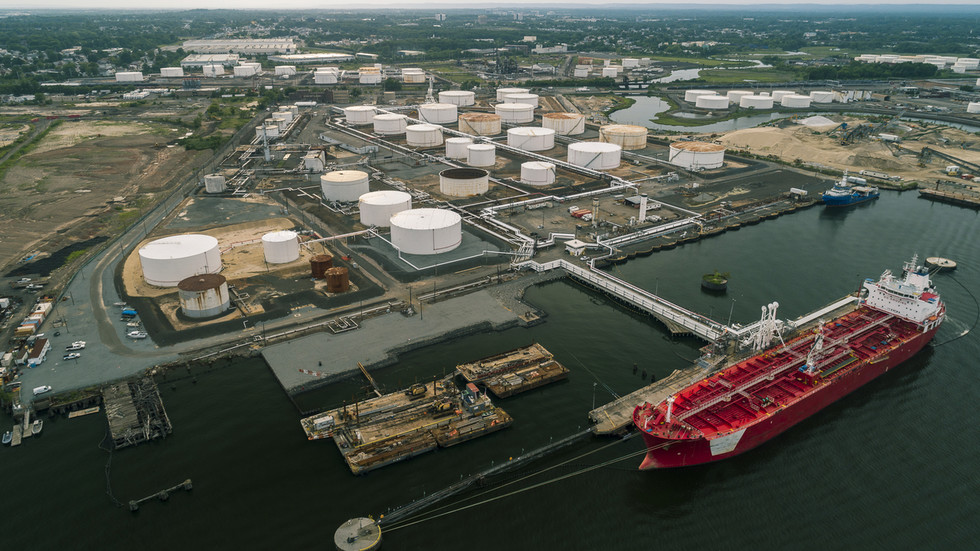Philippines National Security Council spokesperson said Manila was surprised by China’s ‘increasing aggression’ in the maritime dispute.
Published On 14 Jan 2025
The Philippines has said China’s deployment of its largest coastguard vessel inside Manila’s exclusive maritime economic zone (EEZ) is alarming and clearly intended to intimidate fishermen operating around a shoal in the contested waters of the South China Sea.
Philippines National Security Council spokesperson Jonathan Malaya said on Tuesday that Manila has lodged a protest over the presence of the 165-metre (541ft) long Chinese coastguard vessel 5901, which was spotted 77 nautical miles (142km) off the coast of Zambales province, and demanded its withdrawal from the EEZ.
“We were surprised about the increasing aggression being showed by the People’s Republic of China in deploying the monster ship,” Malaya said.
“It is an escalation and provocative,” he said, saying the presence of the vessel was “illegal” and “unacceptable”.
The Philippine Coastguard said it had deployed two of its largest vessels to drive away the Chinese vessel.
Chinese Ministry of Foreign Affairs spokesperson Guo Jiakun said on Monday that its coastguard’s’s “patrol and law enforcement activities” were “reasonable, lawful and beyond reproach” in the area.
The Philippines National Maritime Council also condemned on Monday the “illegal presence and operations” of “Chinese maritime forces and militia” within the country’s territorial waters and the EEZ, identifying two coastguard ships and a Chinese naval helicopter, which had “hovered above” a Philippines coastguard vessel.
“The escalatory actions of these Chinese vessels and aircraft clearly disregard Philippine and international laws,” the council said in a statement.
𝐑𝐄𝐀𝐃 | 𝐒𝐓𝐀𝐓𝐄𝐌𝐄𝐍𝐓 𝐎𝐅 𝐓𝐇𝐄 𝐍𝐌𝐂 𝐎𝐍 𝐓𝐇𝐄 𝐂𝐎𝐍𝐓𝐈𝐍𝐔𝐄𝐃 𝐈𝐋𝐋𝐄𝐆𝐀𝐋 𝐏𝐑𝐄𝐒𝐄𝐍𝐂𝐄 𝐀𝐍𝐃 𝐎𝐏𝐄𝐑𝐀𝐓𝐈𝐎𝐍𝐒 𝐎𝐅 𝐂𝐂𝐆 𝐕𝐄𝐒𝐒𝐄𝐋𝐒 𝐀𝐍𝐃 𝐏𝐋𝐀𝐍 𝐇𝐄𝐋𝐈𝐂𝐎𝐏𝐓𝐄𝐑 𝐖𝐈𝐓𝐇𝐈𝐍 𝐓𝐇𝐄 𝐏𝐇𝐈𝐋𝐈𝐏𝐏𝐈𝐍𝐄 𝐄𝐄𝐙 pic.twitter.com/0sN0qiy7If
— Presidential Office for Maritime Concerns (@POMC57) January 13, 2025
Tensions between the Philippines and Beijing have increased markedly over the past two years due to overlapping claims in the South China Sea.
In 2016, an international tribunal ruled China’s claims to large swathes of the disputed waterway had no basis, a decision Beijing rejects.
China’s expansive claims overlap with the EEZs of Brunei, Indonesia, Malaysia, the Philippines and Vietnam.
The South China Sea is a strategic shipping route through which about $3 trillion of annual commerce moves.
Source
:
Al Jazeera and news agencies

 11 hours ago
5
11 hours ago
5









